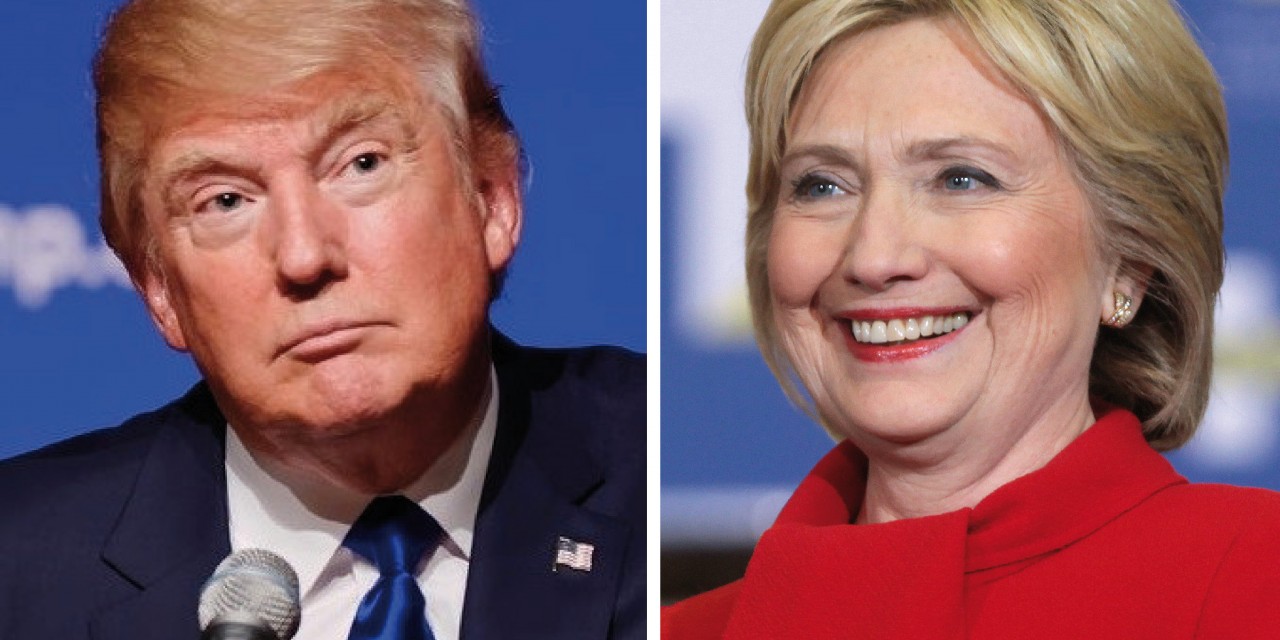Donald Trump’s relatively easy win in the March 8 Michigan Republican primary was hailed by supporters as a watershed, indicating his strength in the all-important industrial Midwest.
Yet, a new statewide poll suggests that the GOP frontrunner is not popular here at all.
In fact, while Trump prevailed in Michigan, it appears that, by his own standards, just two weeks later he is a “loser” in the Great Lakes State.
A poll by Lansing-based EPIC-MRA found that Trump’s disapproval rating jumped to an unprecedented 66 percent, up from 57 percent in January. The real estate mogul trails former secretary of state Hillary Clinton, the Democratic frontrunner, in a prospective November election matchup by 10 points, 47-37 percent. Trump suffers from glaring gaps, compared to Clinton, in support among women, blacks and Hispanics.
What’s more, the poll shows that Ohio Gov. John Kasich would serve as a far more competitive GOP nominee in Michigan this fall than Trump or Texas Sen. Ted Cruz.
While Kasich stumbled badly in the state primary, finishing third, the EPIC-MRA survey found that the neighboring governor holds a commanding lead in the preference of Republican voters for their party nominee. Kasich posted 44 percent support, compared to 21 percent for Trump and 19 percent for Cruz.
In addition, the March 19-22 poll was taken before Trump’s controversial jabs at Cruz’s wife and prior to a tabloid newspaper report that alleges Sen. Cruz has had several extra-marital affairs.
Michigan pollsters collectively suffered a big black eye when they unanimously predicted Clinton winning big over challenger Bernie Sanders in the Democratic primary. The Vermont senator dealt Clinton a defeat by a tiny margin. Pollsters blamed the substantial deviation on an inability to correctly judge voter turnout among certain groups, especially young voters.
Though voter turnout in this year’s GOP primaries and caucuses is way up across the nation compared to 2012, the participation on the Republican side still seems to produce a well-defined bloc that allows Trump to routinely capture 30 to 40 percent support in most states, even while he is reviled by an overall electorate that includes Democrats and independents.
In Michigan, Clinton’s popularity is not much better, with an upside-down disapproval rating of 54 percent. Perhaps the most important poll number, which reflects volatility in the emerging Trump vs. Clinton contest, is that 16 percent of Michigan voters – one in six — said they were undecided.
When measuring two high-profile candidates who are widely known, that level of indecision may reflect an electorate that is simply unhappy with the two likely choices.







